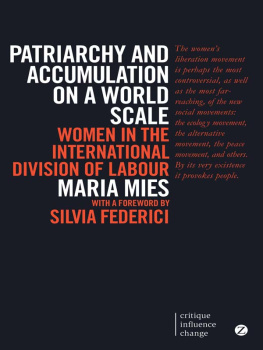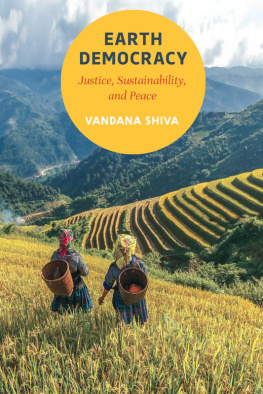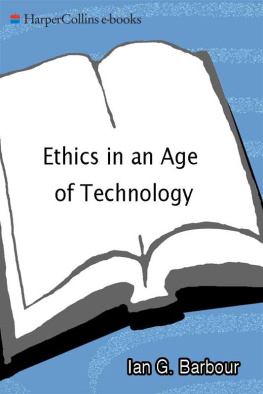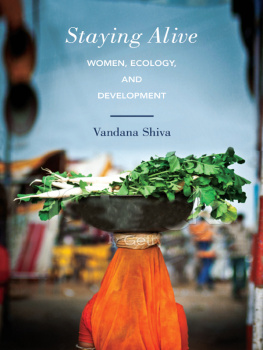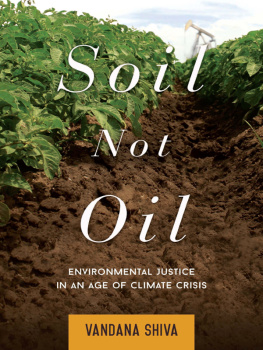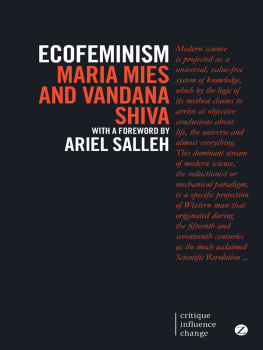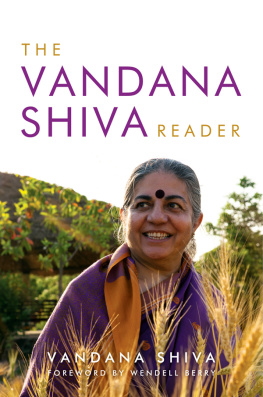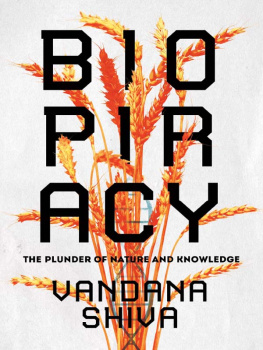ECOFEMINISM
MARIA MIES AND VANDANA SHIVA
WITH A FOREWORD BY
ARIEL SALLEH
Modern science is projected as a universal, value-free system of knowledge, which by the logic of its method claims to arrive at objective conclusions about life, the universe and almost everything. This dominant stream of modern science, the reductionist or mechanical paradigm, is a specific projection of Western man that originated during the fifteenth and seventeenth centuries as the much acclaimed Scientific Revolution ...
critique
influence
change
critique confronts the world. Without dogma, without new principles, it refuses to conform and instead demands insurrection of thought. It must be ruthless, unafraid of both its results and the powers it may come into conflict with. Critique takes the world, our world, as its object, so that we may develop new ways of making it.
influence is a step from critique toward the future, when effects begin to be felt, when the ground becomes unstable, when a movement ignites. These critiques of the state of our world have influenced a generation. They are crucial guides to change.
change is when the structures shift. The books in this series take critique as their starting point and as such have influenced both their respective disciplines and thought the world over. This series is born out of our conviction that change lies not in the novelty of the future but in the realization of the thoughts of the past.
These texts are not mere interpretations or reflections, but scientific, critical, and impassioned analyses of our world. After all, the point is to change it.
Reclaiming Development
An Alternative Policy Manual by Ha-Joon Chang and Ilene Grabel
Realizing Hope
Life Beyond Capitalism by Michael Albert
Global Governance and the New Wars
The Merging of Development and Security by Mark Duffield
Capitalism in the Age of Globalization
The Management of Contemporary Society by Samir Amin
Ecofeminism
by Maria Mies and Vandana Shiva
Debating Cultural Hybridity
Multicultural Identities and the Politics of Anti-Racism edited by Pnina Werbner and Tariq Modood
Deglobalization
Ideas for a New World Economy by Walden Bello
A Fundamental Fear
Eurocentrism and the Emergence of Islamism by Bobby S. Sayyid
Grassroots Post-modernism
Remaking the Soil of Cultures
by Gustavo Esteva and Madhu Suri Prakash
Patriarchy and Accumulation on a World Scale
Women in the International Division of Labour by Maria Mies
Mies and Shiva ... are ideally suited to author a book of such broad intellectual, geographic, and political scope.
Karen T. Litfin, University of Washington
Read independently of the collection, many of the essays have innovative things to say to the political movements involved in fighting large scale development, nuclear energy, violence against women, wars and environmental destruction. Wendy Harcourt, Development
In view of the postmodern fashion for dismantling all generalizations, the views propounded in Mies and Shivas Ecofeminism make refreshing reading. They show a commendable readiness to confront hypocrisy, challenge the intellectual heritage of the European Enlightenment, and breathe spiritual concerns into debates on gender and the environment.
Emma Crewe, Appropriate Technology
Shiva and Mies offer an all-embracing vision....
For all those, and certainly for humanists, who are wrestling with the ethical, sexist and racist issues raised by invasive reproductive gene technology, Mies chapters on these developments are a must. Gwen Marsh, New Humanist
Ecofeminism presents a very focused, searing indictment of development strategies practised by the North on the South.
Anne Statham, Feminist Collections
Maria Mies is a Marxist feminist scholar who is renowned for her theory of capitalist-patriarchy, one which recognizes third world women and difference. She is a professor of sociology at Cologne University of Applied Sciences, but retired from teaching in 1993. Since the late 1960s she has been involved with feminist activism. In 1979, at the Institute of Social Studies in The Hague, she founded the Women and Development programme. Mies has written books and articles that deal with topics relating to feminism, third world issues and the environment. Her other titles published by Zed Books include The Lace Makers of Narsapur (1982), Women: The Last Colony (1988), Patriarchy and Accumulation on a World Scale (1999) and The Subsistence Perspective (1999).
Vandana Shiva, a world-renowned environmental leader and thinker, is director of the Research Foundation on Science, Technology, and Ecology. In 1993, Shiva won the Alternative Nobel Peace Prize and in 2010 was awarded the Sydney Peace Prize for her commitment to social justice. She is the author of over twenty books. Her other titles published by Zed Books are Staying Alive (1989), The Violence of the Green Revolution (1991), Biodiversity (1992), Monocultures of the Mind (1993), Biopolitics (1995), Stolen Harvest (2001), Protect or Plunder (2001), Earth Democracy (2005) and Soil Not Oil (2009).
ECOFEMINISM MARIA MIES AND VANDANA
SHIVA
WITH A FOREWORD BY
ARIEL SALLEH
Zed Books
London & New York
Ecofeminism was first published in 1993 by Zed Books Ltd,
7 Cynthia Street, London N1 9JF, UK and
Room 400, 175 Fifth Avenue, New York, NY 10010, USA
This edition was published in 2014
www.zedbooks.co.uk
Copyright Maria Mies and Vandana Shiva 1993, 2014 Foreword Ariel Salleh 2014
The rights of Maria Mies and Vandana Shiva to be identified as the authors of this work have been asserted by them in accordance with the Copyright, Designs and Patents Act, 1988
Typeset by Kali for Women
Cover designed by www.alicemarwick.co.uk
All rights reserved. No part of this publication may be reproduced, stored in a retrieval system or transmitted in any form or by any means, electronic, mechanical, photocopying or otherwise, without the prior permission of Zed Books Ltd.
A catalogue record for this book is available from the British Library Library of Congress Cataloging in Publication Data available
ISBN 978 1 78032 978 9
Contents
Index
Foreword
Ariel Salleh
The word ecofeminism might be new, but the pulse behind it has always driven womens efforts to save their livelihood and make their communities safe. From the Chipko forest dwellers of North India some 300 years ago to the mothers of coalmining Appalachia right now, the struggle to create life-affirming societies goes on. It intensifies today as corporate globalization expands and contracts, leaving no stone unturned, no body unused. The partnership of Maria Mies and Vandana Shiva symbolizes this common ground among women; it speaks of a grassroots energy that is found in a movement across all continents. Ecological feminists are both street-fighters and philosophers.
Only connect - this sums up what the perspective is about. Ecofeminism is the only political framework I know of that can spell out the historical links between neoliberal capital, militarism, corporate science, worker alienation, domestic violence, reproductive technologies, sex tourism, child molestation, neocolonialism, Islamophobia, extractivism, nuclear weapons, industrial toxics, land and water grabs, deforestation, genetic engineering, climate change and the myth of modern progress. Ecofeminist solutions are also synergistic; the organization of daily life around subsistence fosters food sovereignty, participatory democracy and reciprocity with natural ecosystems.
Next page

